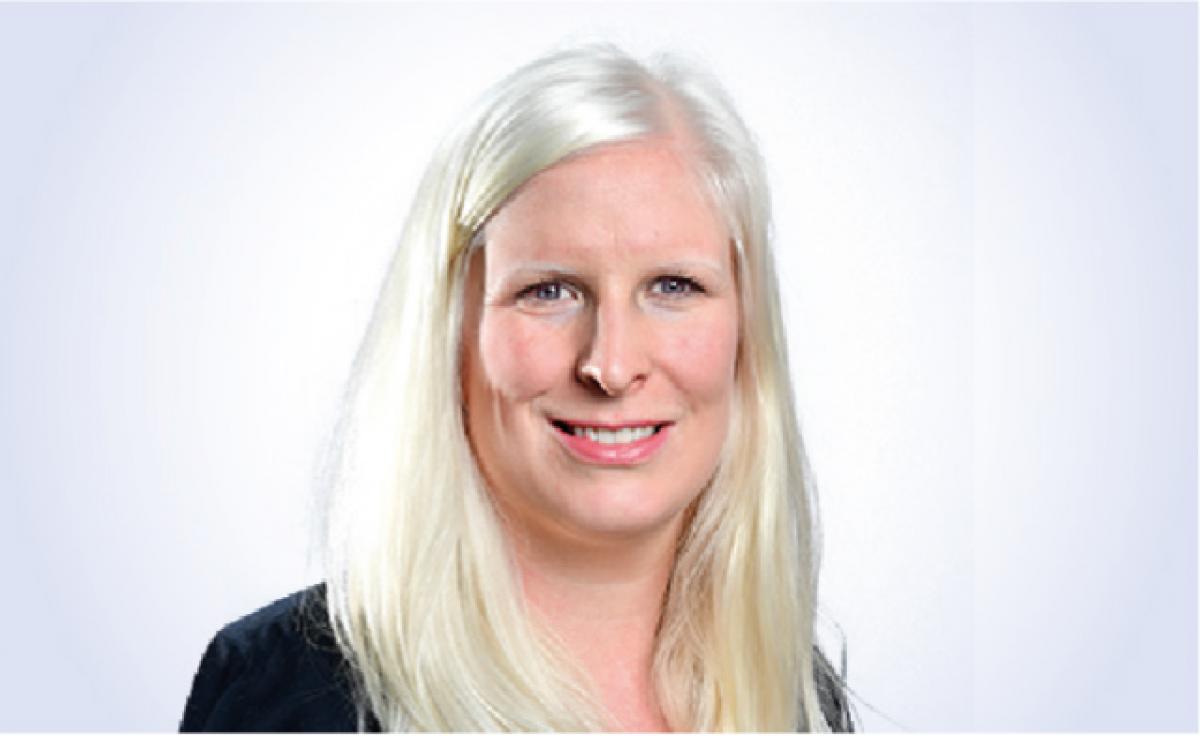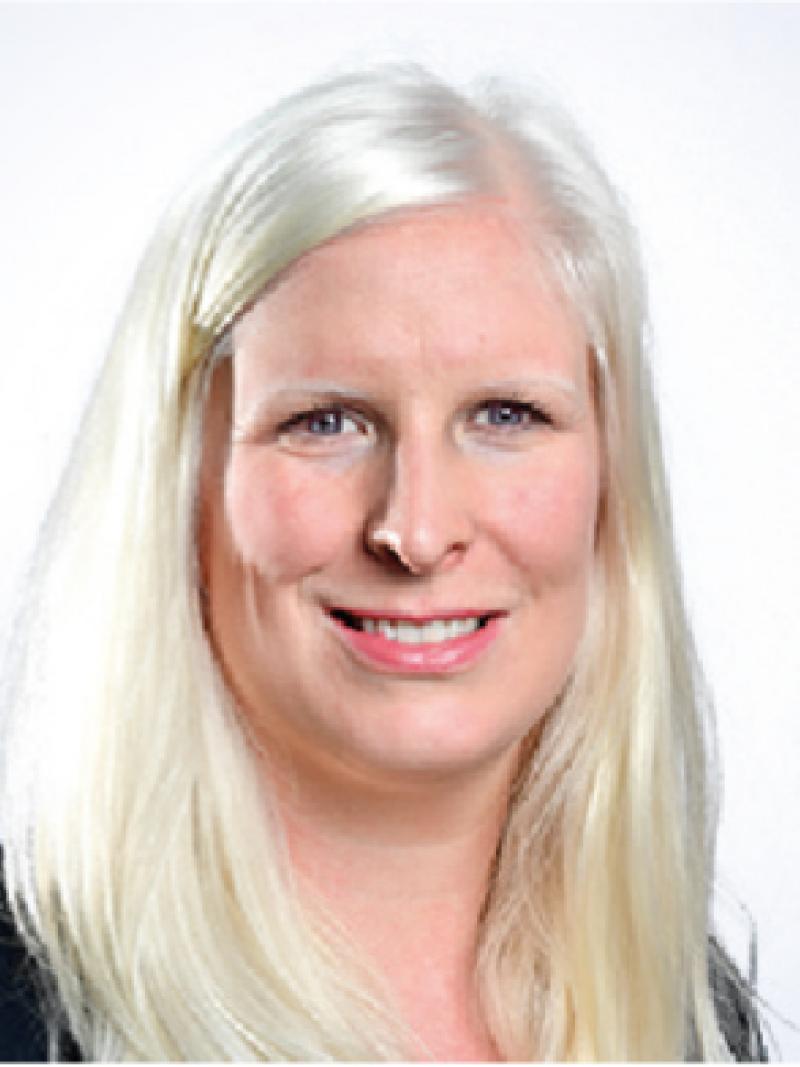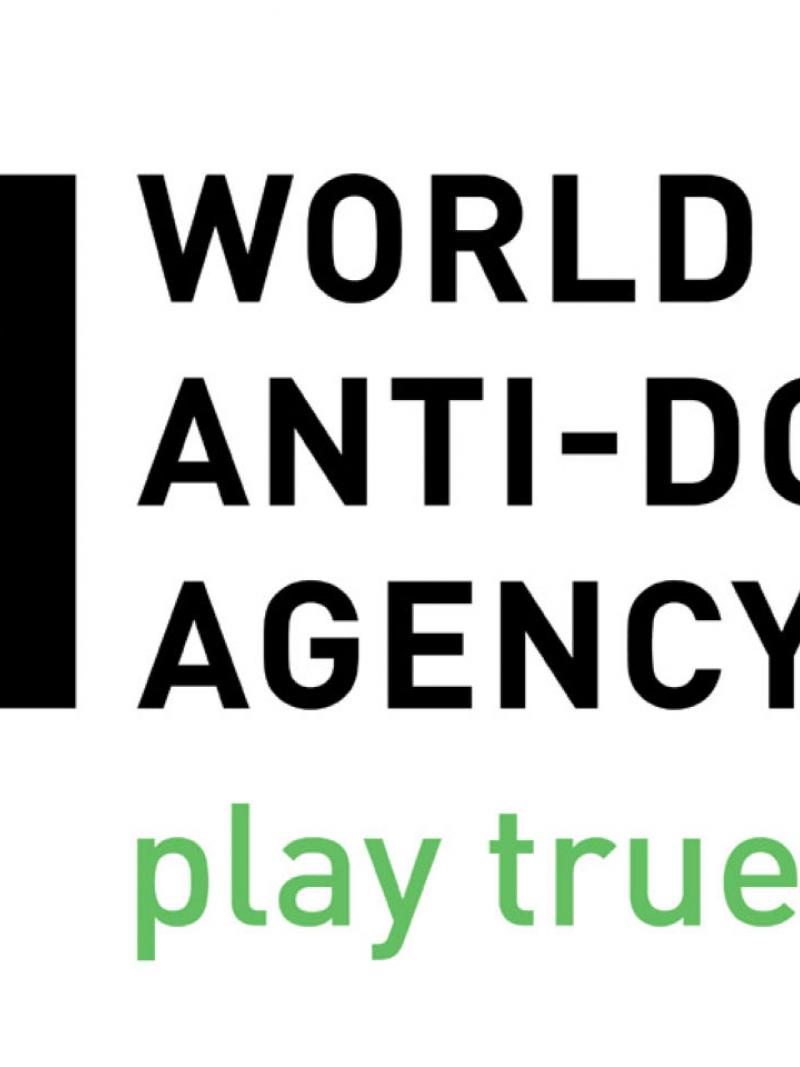Chelsey Gotell reflects on how athletes and WADA can work together
• On World Anti-Doping Agency’s (WADA) annual Play True Day, she attests, about creating athlete-centred systems, increasing awareness of the complexity of Para athlete testing, and improving athlete communication and education on their rights and obligations • Chelsey is chairperson of the IPC Athletes’ Council and was recently appointed to WADA’s Athlete Committee 09 Apr 2020
In my almost four years as a member of the International Paralympic Committee (IPC) Athletes' Council (AC), the Para athlete community has vocalised their desire to have a stronger foundation in the anti-doping system. With that in mind, the IPC AC made it a priority in our strategic plan to strengthen our ties with WADA.
As elite athletes, it’s in our nature to want to push the limits of what is possible – how we can be stronger, fitter and faster. It is this dedication that builds life skills and traits that are engrained in who we are as humans and helps us thrive on the field of play, but for some – it also leads them down a path that either intentionally or unintentionally may compromise their aspiration of being the best.
Within non-disabled sport, doping is the biggest risk and rule-breaker. However, in Para sport, we need to consider classification and anti-doping. The reality is that these two things are not mutually exclusive, and at their core throwing disability into the mix of anything makes the landscape that much more complex.
Yes, there are historical roadblocks to improving anti-doping awareness, but if I had a wish list of what needed to be done to guide us through these barriers, then it is these three things:
-
To ensure that athletes feel that WADA is there for them, we must grow the share of Para voice at WADA and include athletes in strategic thinking.
-
Increase awareness among National Anti-Doping Organisations and International Federations on the complexity of Para athlete testing and strategically look at increasing the baseline for Para athlete risk assessment and testing as a requirement for all WADA Code signatories.
-
Increase athlete-centric anti-doping communication and education so that it is higher up the Paralympic sport movements' agenda and ensure that our athletes truly understand their role, their rights and their obligations.
1) More effective athlete-centred systems and athlete input
So, here’s a thing: at their core, all sporting organisations should be working for the athletes – they are at the heart of everything being done and are the ones on the front line experiencing the output of work, making them an easy resource to utilise to help systems evolve.
But, one of the biggest issues that sporting organisations run into is that even with the best intentions, they may not have the right governance and operational structures in place to support the athlete voice in being truly effective.
Athletes also need to take the time to learn the intricacies of the organisations they represent or are bringing perspective to – things are rarely as simple as they seem from the outside, most changes take longer to implement, and just because we have been tested throughout our sporting careers, it doesn't make us experts in the overall ecosystem. Athletes also need to understand governance and what it means to represent an organisation and how to do that effectively.
The key to both is creating a strong foundation that truly appreciates having an athlete voice. These organisations have leadership who - at their deepest core - believe in the value of having athlete input and invest the time to uplift them as leaders. They also invest in ensuring their governance and operational structures are appropriately setup to ensure success.
You will see that these organisations thrive and that their athletes feel plugged into the decisions being made. It doesn't mean there aren't tough discussions, debates and disagreements on final decisions, but there are the proper structures in place to support and navigate through challenges.
I enjoy navigating through things like governance and strategic planning to best utilise the athlete voice, so I'd like to spend some of my time with the WADA Athlete Committee to bring WADA closer to the athlete, IPC and overall sport communities. Through my appointment, I am already encouraged that WADA want to think about Para athletes more and create the direct link between our organisations.
I’m keen that all athletes, and Para athletes in particular, are part of the strategic thinking of WADA. Why is it important? Well, WADA recently drafted a new strategic plan for the next four years. The next step needs to be for them to determine how the athlete community fits into executing their strategic objectives and the role the WADA Athlete Committee plays in advising and leading this.
Ultimately this is about figuring out how athletes can be involved in what you are doing and then determining how you give them the accountability. It’s about giving them responsibility to do the things that not only support the organisation but make them feel part of it.
2) Increasing awareness on the complexity of Para athlete testing
Anti-doping in the sport landscape is complicated but anti-doping in the Para sport movement is even more complicated, and it has fewer resources to manage it.
This makes the job of National Anti-Doping Organisations and International Federations trickier, but they have an important role to play in education. Can they explain classification better? Can they differentiate Para sports from their non-disabled component, treating them as different sports and looking at them in different ways?
These are things to discuss with them because we need to ensure that Para sports are not viewed as a lower risk version of non-disabled sports. So, working with the IPC, I think the WADA can play a role in providing stronger education to the overall anti-doping community on why testing of Para athletes is important at a national level.
This education also needs to lead into reviewing baseline measures for Para athlete testing, and to a more significant and robust risk assessment and output of testing. This would help increase the level of trust among athletes when they line up at the starting line that their competitors have been appropriately tested and are clean.
3) Better Para athlete communication and education on their rights and obligations
Education is a two-way street, especially where athletes are concerned. The IPC would be the first to admit that more education work can be done here; they are on right path there but not there yet.
I’d personally like to see communication and education strategically tailored to who it is speaking to. And that comes down to the relationship with athletes and how a message becomes relatable. All athletes need to think about how the system affects them directly. Crucially, the Para athlete community needs to better understand its rights and obligations.
I know fully well that athletes need to be more receptive because I was once one of those blasé athletes. I used to fill out my whereabouts, do the annual anti-doping education and give samples as required, but had things gone wrong with a sample, I don't think I would have felt secure in knowing my rights and obligations.
The reality is, that I had my blinders on – my world revolved around being the best athlete I could be, and I assumed the supplements I took were clean and that the stories I heard of other athletes unintentionally testing positive, would never happen to me. In hindsight, I was naive, un-educated and ignorant when it came to my obligations as an athlete and I would be willing to bet that many athletes may function similarly today.
That might also explain why there are number of anti-doping cases each year where athletes are using medications that they don’t have permission for, although it would have been simple for them to get permission to take through a therapeutic use exemption. The IPC shouldn’t be having to deal with these. And our athletes shouldn’t be getting violations they could have avoided.
It is time that, we as athletes, understood the ecosystem better and that organisations find ways to communicate in an open, transparent and athlete-centric way. As athletes, we need to understand our rights and obligations and what a worse-case scenario could look like and we need to continue to work alongside sport organisations to move the dial forward.
And I think it is beholden on us who have gone through the system to ensure that future generations of athletes understand this.






